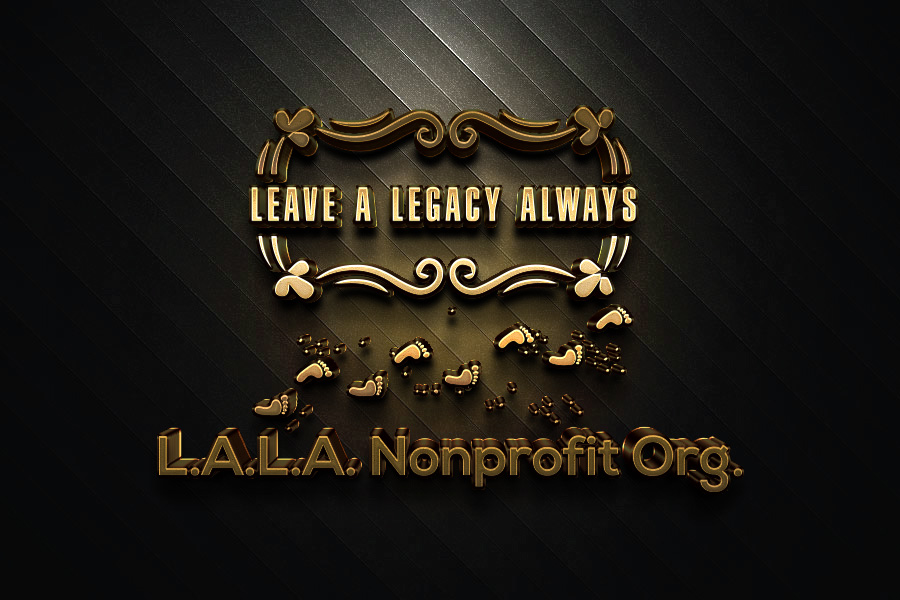$timulating Tips
Debt is when you owe money. You can owe money to someone, a company because you borrowed money, used your credit card or have some type of outstanding loan. There are many types of debt, but it all means you owe money.
One year for Christmas I purchased gifts for all my nieces and nephews, my children and friends, while I paid to travel out of town. I have never done that again! I was trying to be generous and was not aware of how much I spent until I got home and started adding up all my receipts. It took me until February to catch up from all the extra money I spent.
During this holiday season, let’s make a serious attempt to manage our debt wisely and pay it off sooner. Here are some tips to consider before you shop.
Don’t buy it, if you really can’t afford it.
If you need to use your credit card to purchase a gift, make sure you consider having enough money left on the card in case of an emergency.
Pull names, instead of trying to purchase gifts for everyone in the family (10+ nieces and nephews)
Try a secret Santa for the older adults.
Agree to shop after Christmas for extra savings.
If you sew, knit or crochet, make the gift instead.
Use reward points to purchase gifts.
Tying some of these alternative spending options will help you manage your spending and debt wisely.
Sharing these monthly financial stimulating tips has been a joy! I want to thank Pretty Women Hustle for the opportunity to serve you through this platform for this 2022 year.
I wish you all a very blessed Christmas and a prosperous New Year! You know what to do….keep your mind on your money! God Bless.
Dedra Porter
L.A.L.A. Nonprofit Org. www.lalanonprofit.org

















